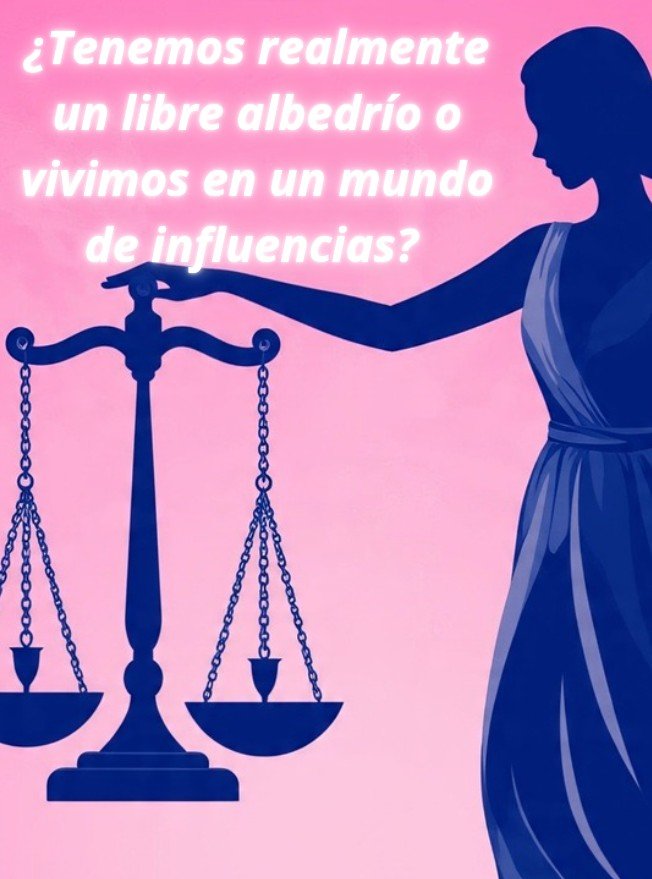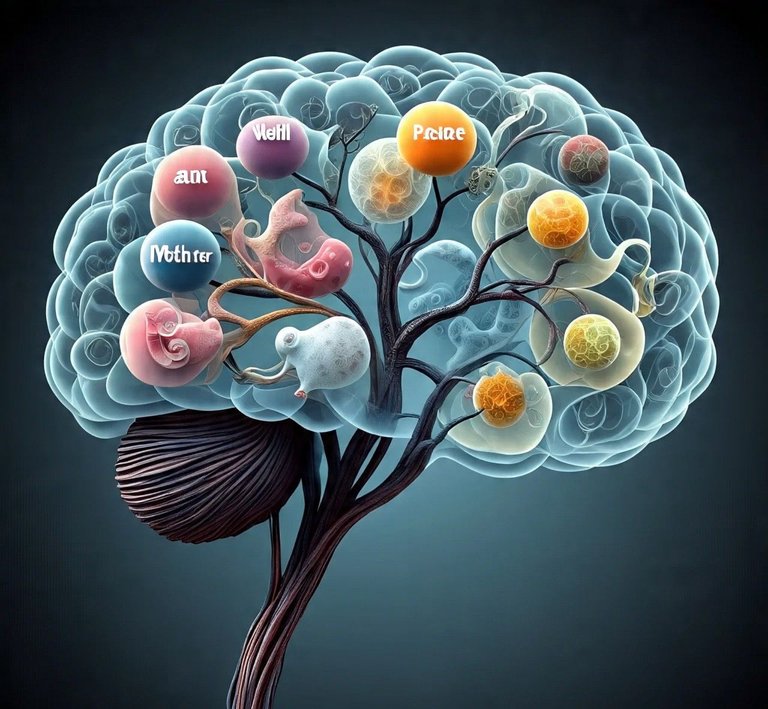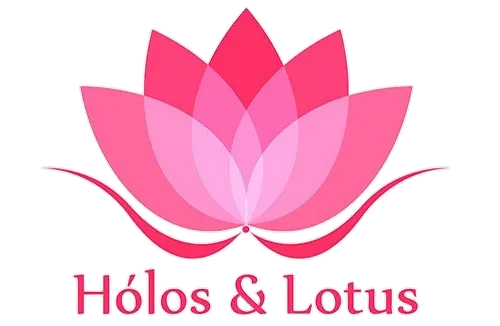¿Tenemos realmente un libre albedrío o vivimos en un mundo de influencias? (esp-eng)

Abrasoles amigos usuarios.
Hoy en día, siento que estoy un poco más reflexiva, quizás sea un estado subconsciente qué trata de decirme algo, o por ahí una etapa de signo rondando alguna casa.
Pero dejando de lado estás hipótesis del porque, me centraré en esta pregunta que nació mientras hacía calzones rotos para la merienda.
Muchas veces se nos dice que podemos hacer lo que nosotros queramos o como bien se conoce bajo el nombre de libre albedrío, aquella capacidad que tenemos como seres humanos para tomar decisiones, esas que afectan nuestras vidas ya sea en pro o contras, pero al final de cuentas, una decisión que nosotros tomamos.
¿Pero qué tanta libertad hay realmente?
Si bien es cierto, se dice que decidir esta en nuestro poder no es tan real como se nos plantea.
¿Por qué opino esto?
Mi opinión se basa en la siguiente conjetura: Se dice que mi libertad de acción y decisión es mi “libre albedrío” sin embargo, tras esta decisión hay otros favores. Por ejemplo “nos podemos ver influenciados por terceros haciéndonos ver otros puntos de vista, su discurso se vuelve poderoso ante nosotros y la visión original que teníamos pasa a un segundo plano y la visión de la persona “X” se instaura ocupando la original.
Entonces ¿dónde queda nuestro libre albedrío? Ya que este fue modificado por un tercero desconociendo el trasfondo. Claro, podrías pensar al leer esto “pero si tuvo libre albedrío porque decidió al final, y claro está que así fue, pero su decisión fue modificada ingresando un pensamiento o gusto que no tenía.
Entonces, podríamos pensar que ese libre albedrío se modifica, cambia o muta, dependiendo de la ocasión, persona o contexto, esto deja de ser libre albedrío y se convierte en una nueva acción, una que solo busca complacer a pesar de no querer aquello.
Pero pongámoslo en un ejemplo común y silvestre.
Una pareja está en un cine y quieren ver una película, por su lado el novio quiere ver una película de acción y ha estado largo tiempo poder verla. Por su parte, la novia, quiere ver una película de drama que por más está decir ya había visto anteriormente, solo que no con su novio.
Al debatir y él sabiendo que ella ya la ha visto insiste en ver la de su gusto, sin embargo ella hace hincapié en que quiere ver su drama. El libre albedrío del novio por ver su película cede por el gusto de su novia, entonces su libertad de opinión y gusto cambian por el ser “complaciente”.
No es que esto sea algo malo, ya que en relaciones de pareja siempre se debe ceder algo en alguna ocasión, pero la libertad de escoger lo que realmente queremos se extingue por lo que quiere alguien más.

Para finalizar este tema, puedo decir que el libre albedrío es algo que vive en nosotros, es nuestra capacidad intelectual para tomar decisiones. No obstante esto conlleva una responsabilidad moral ya que se debe distinguir lo que está bueno de lo malo ya que nuestras decisiones pueden acarrear consecuencias negativas o positivas.
Por otro lado, esto se considera un regalo divino unido a una responsabilidad moral para con nosotros mismos.
Sin embargo, en la práctica, algunas veces tenemos esta potestad y otras tantas se ve cambiada por una tercera parte.
English
Hello, friends and users.
Today, I feel a little more reflective. Perhaps it's my subconscious trying to tell me something, or maybe it's a phase of my zodiac sign.
But putting aside these hypotheses about why, I'll focus on this question that arose while I was making calzones rotos for snack time.
We are often told that we can do whatever we want, or as it is commonly known, free will, that ability we have as human beings to make decisions, those that affect our lives, whether for better or worse, but ultimately, a decision that we make.
But how much freedom is there really?
While it is true that we are told that decision-making is in our power, it is not as real as we are led to believe.
Why do I think this?
My opinion is based on the following conjecture: It is said that my freedom of action and decision-making is my "free will," but behind this decision there are other influences. For example, "we can be influenced by third parties who show us other points of view, their discourse becomes powerful before us, and the original vision we had takes a back seat, and the vision of person "X" takes over, replacing the original one.
So where does our free will lie? Since it was modified by a third party without knowing the background. Of course, you might think when reading this, "but he had free will because he decided in the end," and of course he did, but his decision was modified by introducing a thought or preference that he did not have.
So, we could think that free will is modified, changed, or mutated, depending on the occasion, person, or context, and this ceases to be free will and becomes a new action, one that only seeks to please despite not wanting that.
But let's put it in a common and wild example.
A couple is at a movie theater and wants to see a movie. The boyfriend wants to see an action movie and has been waiting a long time to see it. The girlfriend, on the other hand, wants to see a drama movie that she has already seen before, but not with her boyfriend.
As they debate, he knows she has already seen it but insists on seeing the one he likes, while she emphasizes that she wants to see her drama. The boyfriend's free will to see his movie gives way to his girlfriend's preference, so his freedom of opinion and taste changes to be "accommodating."
This is not necessarily a bad thing, as in relationships you always have to give in sometimes, but the freedom to choose what we really want is extinguished by what someone else wants.

To conclude this topic, I can say that free will is something that lives within us; it is our intellectual capacity to make decisions. However, this comes with a moral responsibility, as we must distinguish between what is good and what is bad, since our decisions can have negative or positive consequences.
On the other hand, this is considered a divine gift coupled with a moral responsibility to ourselves.
However, in practice, sometimes we have this power and other times it is changed by a third party.
Las imágenes fueron creadas en canva con recursos gratuitos
La traducción fue realizada en Deepl versión free


Saludos
@tipu curate 8
Upvoted 👌 (Mana: 0/70) Liquid rewards.
Abrasoles bella, gracias por su apoyo 😊